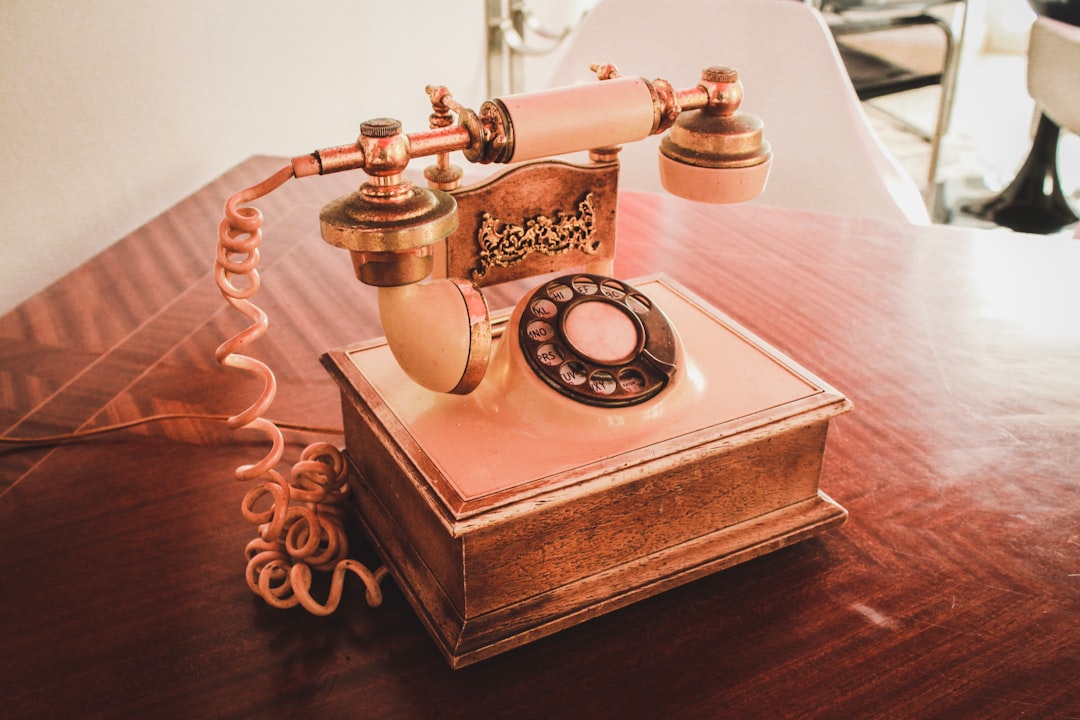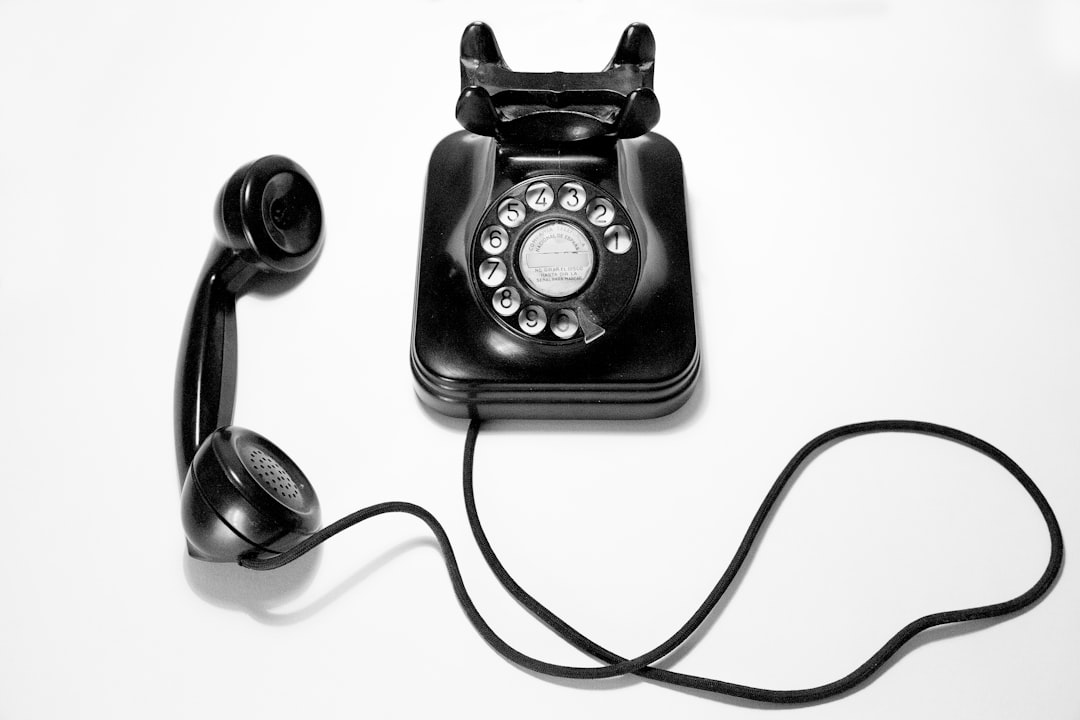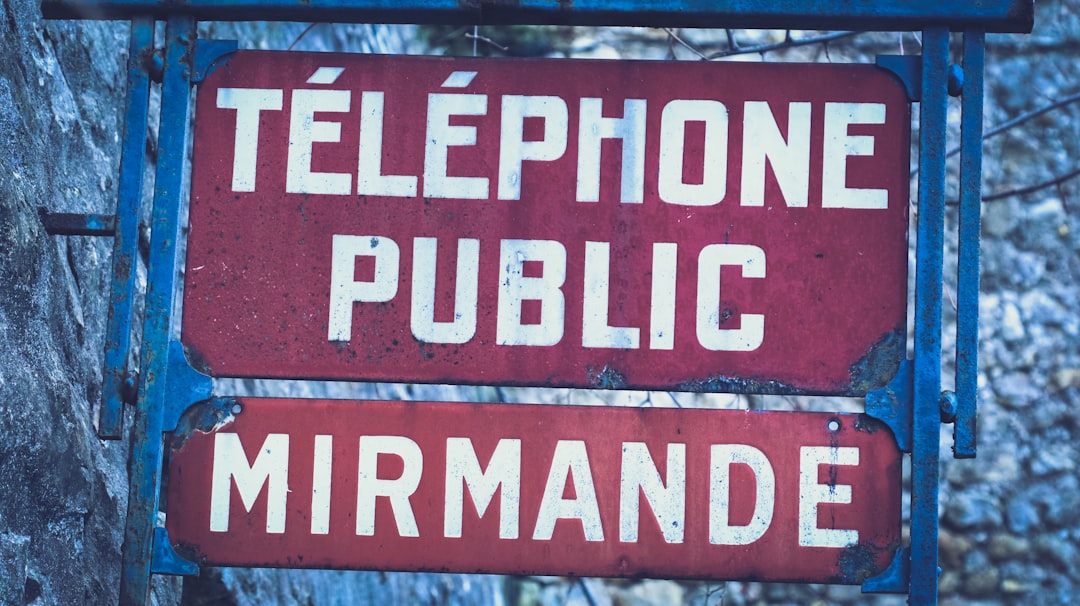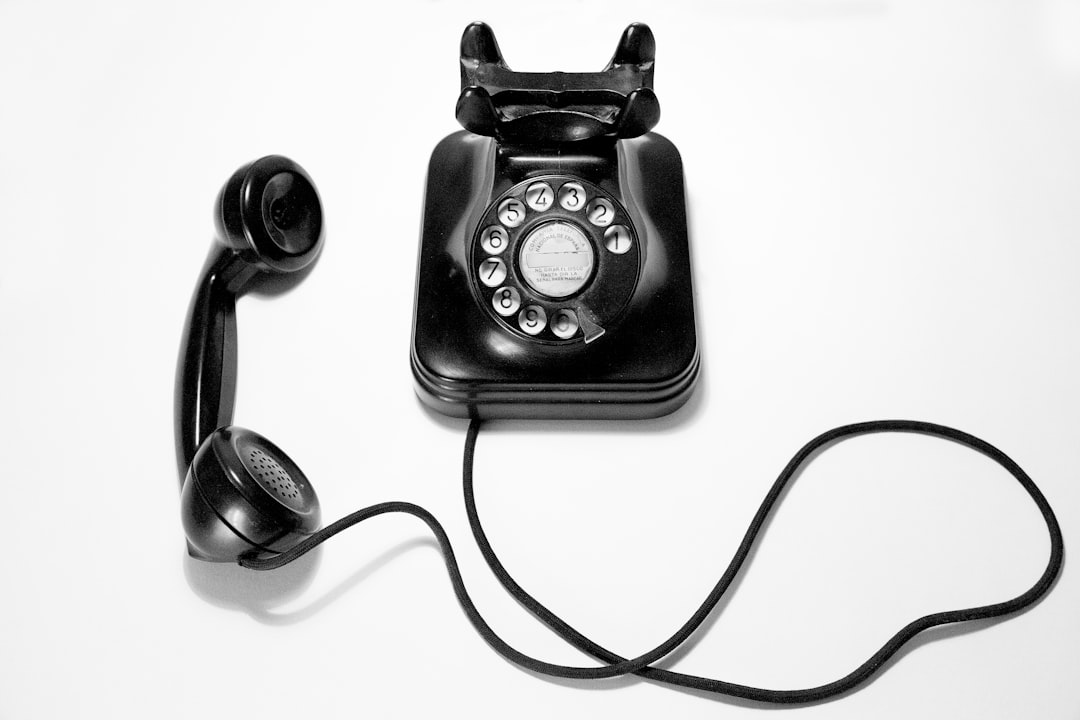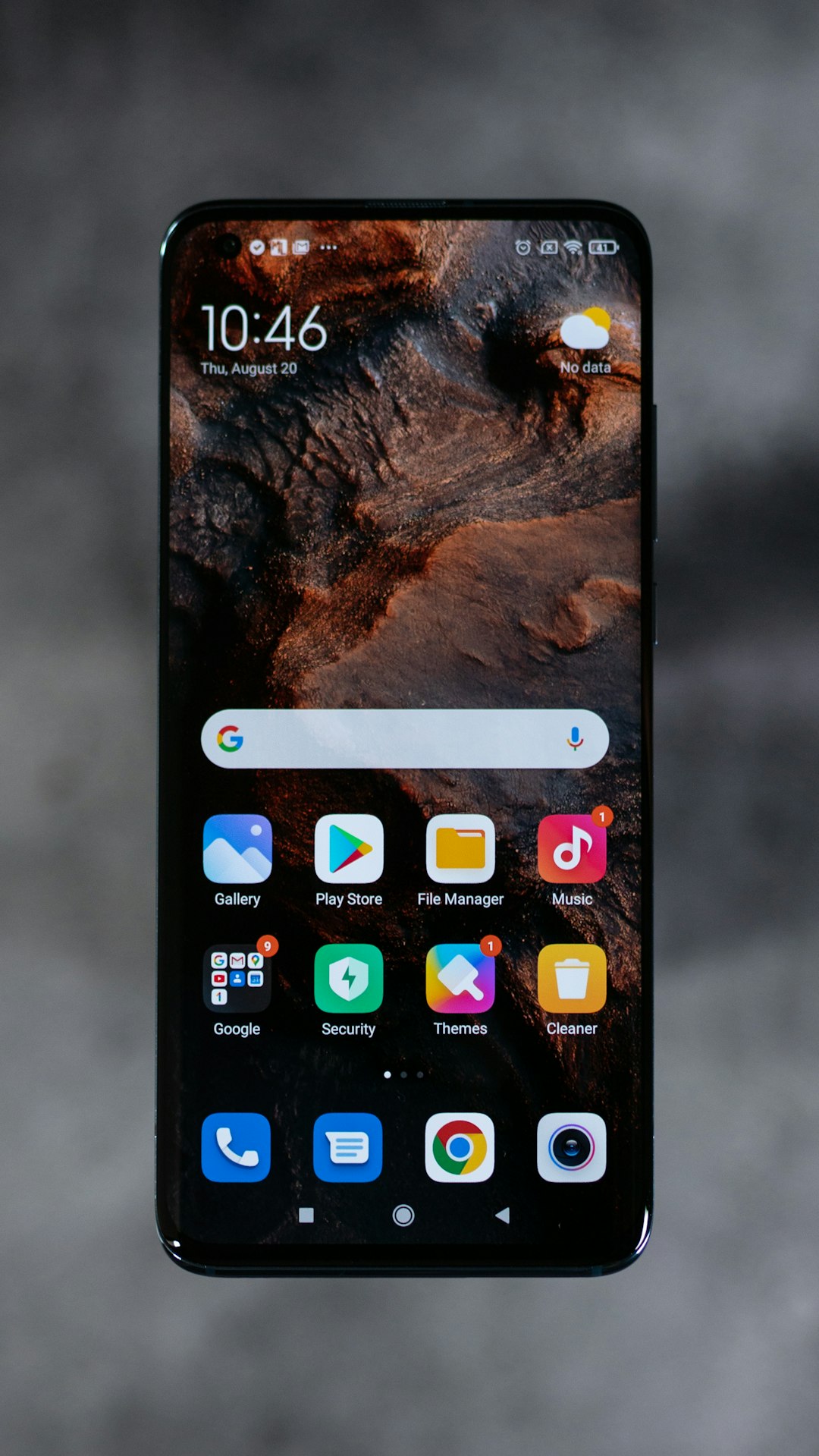Spam calls disrupt Dayton residents' lives, but Wyoming's Do-Not-Call Registry offers protection. Enrolling online or over the phone with the Wyoming Public Service Commission blocks telemarketers. Do-Not-Call Lawyers ensure business compliance, providing legal relief from nuisance calls. By asserting their rights, Dayton residents reclaim control over their phone lines and enjoy a quieter environment. Strict Do-Not-Call Laws in Wyoming, enforced by the attorney general, support this registry for homeowners and tenants. A simple enrollment process, coupled with professional guidance from a Do-Not-Call Lawyer, strengthens privacy protections against spam calls.
Dayton residents face a constant barrage of spam calls, disrupting daily life and invading privacy. Understanding the impact and knowing your rights under Do-Not-Call laws is crucial. This article delves into the world of spam calls, explores the power of state-level registries like Wyoming’s, and guides you through enrolling in Dayton’s Do-Not-Call Registry. By taking this step, you not only protect your privacy but also reduce disturbances, with the support of professional Do-Not-Call lawyers in Wyoming who specialize in these laws.
Understanding Spam Calls and Their Impact on Dayton Residents
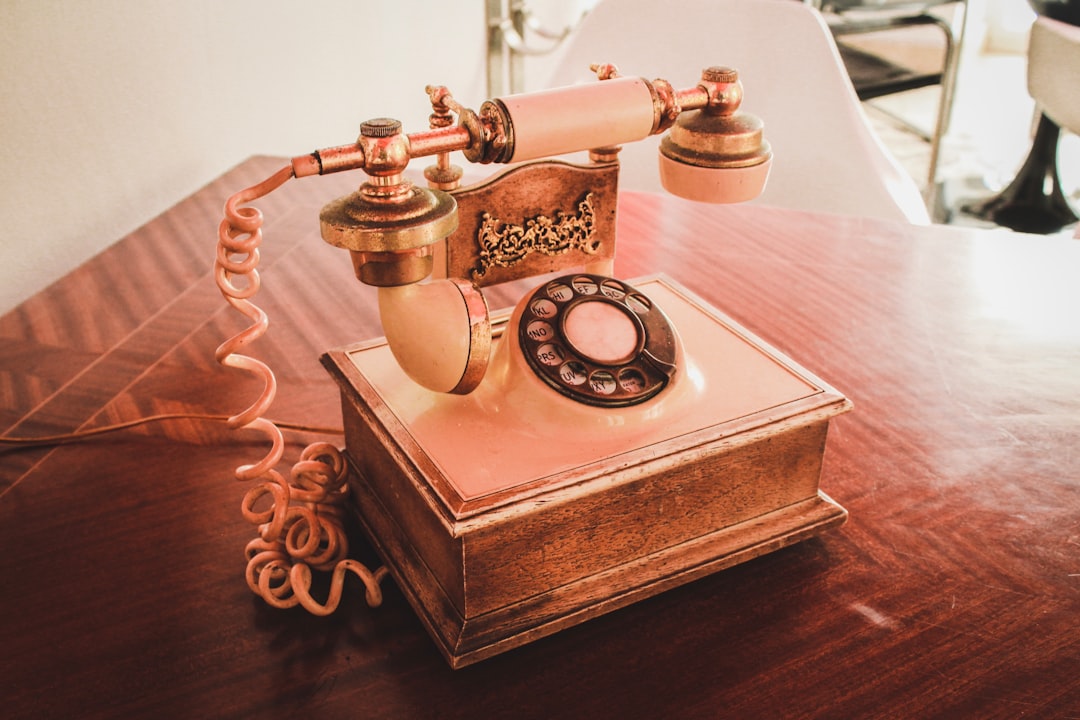
Spam calls are a ubiquitous and often unwanted part of modern life, but their impact on Dayton residents can be significant. These unsolicited phone calls, typically advertising products or services, are not only intrusive but can also lead to a breakdown in trust between businesses and consumers. Many calls originate from companies that ignore do-not-call registries, adding to the frustration of recipients who simply want some peace and quiet.
In Wyoming, Do-Not-Call laws are in place precisely to combat this issue. A Do-Not-Call lawyer or attorney specializing in these laws can help Dayton residents protect their rights and enjoy a quieter home environment. By enrolling in the state’s do-not-call registry, residents can reduce the number of spam calls they receive, ensuring that their personal time is free from nuisance marketing efforts. With the assistance of a reputable Do Not Call law firm in Wyoming, individuals can take advantage of these laws and find relief from the constant barrage of unsolicited advertisements.
The Power of the Do-Not-Call Registry: How It Works in Wyoming

In Wyoming, the Do-Not-Call Registry is a powerful tool that helps residents combat unwanted spam calls. Once enrolled, your phone number becomes part of a state-managed list that telemarketers are legally required to respect. This means significantly fewer nuisance calls for you. The process is straightforward; you simply register your number online or over the phone with the Wyoming Public Service Commission.
Do-Not-Call Lawyers and Attorneys in Wyoming play a crucial role in upholding these laws. They ensure that businesses adhere to the regulations, providing legal recourse for residents who experience persistent spam calls despite their enrollment. By enrolling in the registry and seeking assistance from a specialized law firm if needed, Dayton residents can reclaim control over their phone lines, enjoying a quieter and more peaceful environment.
Benefits of Enrolling: Protecting Your Privacy and Reducing Disturbances

Enrolling in the Do-Not-Call Registry in Dayton offers residents a powerful way to protect their privacy and reduce unwanted disturbances from telemarketers and spammers. By signing up, you assert your right to peace and quiet, ensuring that your personal time is free from intrusive phone calls. This simple step can significantly enhance your daily life by blocking calls that are not only annoying but also potentially harmful, especially for individuals dealing with medical conditions or those who simply prefer a quieter environment.
In Wyoming, the Do-Not-Call Laws are designed to empower citizens and provide a legal framework for privacy protection. A Do Not Call Lawyer or Attorney in Wyoming can guide residents through this process, ensuring compliance and offering expertise on spam call laws. By enrolling, Dayton locals can avoid unwanted marketing calls and rest assured that their personal information is valued and respected.
Who Qualifies? Ensuring You're Covered by Do-Not-Call Laws

In Wyoming, the Do-Not-Call Registry is open to all residents who want to reduce unwanted telemarketing calls. Whether you’re a homeowner or tenant, if your phone number is registered, it sends a clear message to call centers and sales professionals that you prefer not to be contacted for promotional purposes. This initiative is supported by strict do-not-call laws in Wyoming, which are enforced by the state’s attorney general’s office.
To qualify for the registry, individuals must register their landline or mobile number through the official state portal. Once enrolled, your number will be added to a list that telemarketers are legally required to respect. If you’ve been plagued by spam calls or feel your privacy has been invaded, consider contacting a Do-Not-Call Lawyer or Attorney in Wyoming who can guide you through the process and ensure you’re fully protected under the state’s spam call laws.
Taking Action: A Step-by-Step Guide to Enrolling in Dayton's Do-Not-Call Registry

Enrolling in Dayton’s Do-Not-Call Registry is a straightforward process that empowers residents to take control of their privacy and reduce unwanted calls. Here’s a step-by-step guide to help you navigate this simple yet effective measure:
1. Visit the official website of the Dayton Do-Not-Call Registry or contact the local government office responsible for managing it. You’ll often find dedicated pages with clear instructions on how to sign up.
2. Gather your necessary information, such as your full name, residential address, and preferred contact number. Ensure you have these details ready to streamline the enrollment process.
3. Fill out the online form or print and complete the registration application. Provide all required data accurately, including any additional preferences for call restrictions.
4. Submit your application through the designated channels, whether by email, mail, or in-person at a local government office.
5. Upon successful enrollment, you’ll typically receive confirmation via email or mail. Keep this record for future reference.
